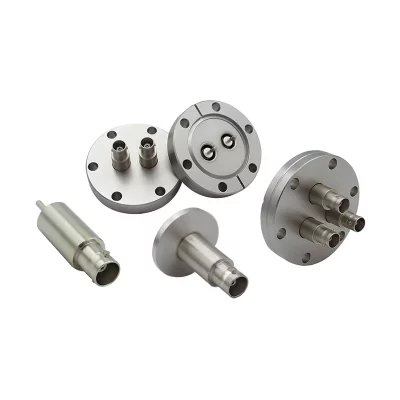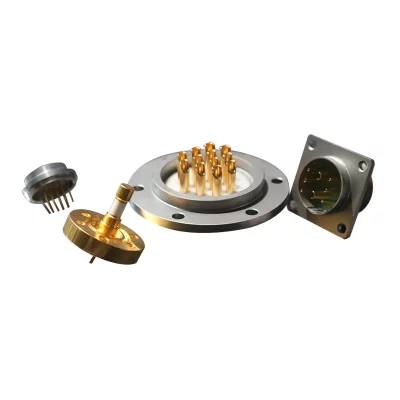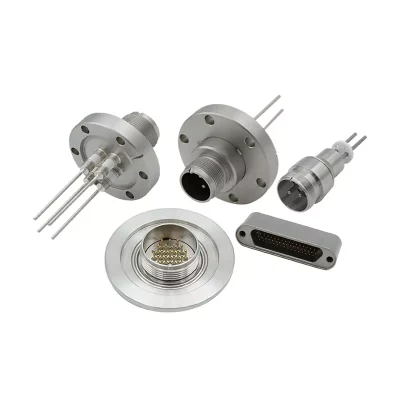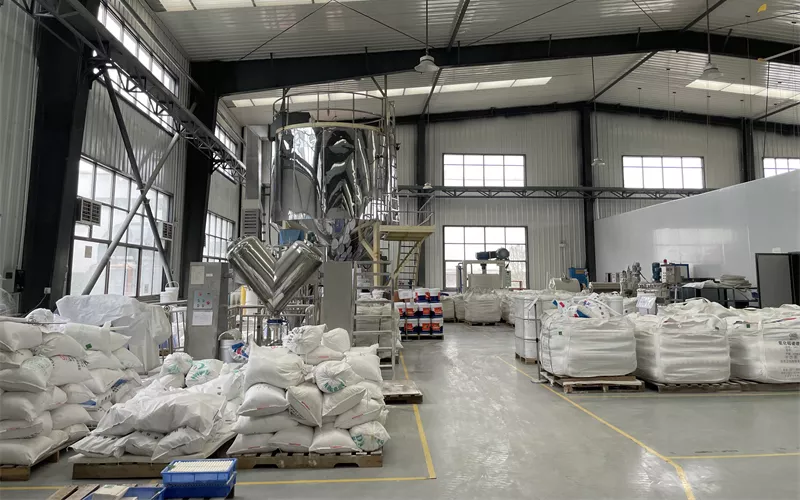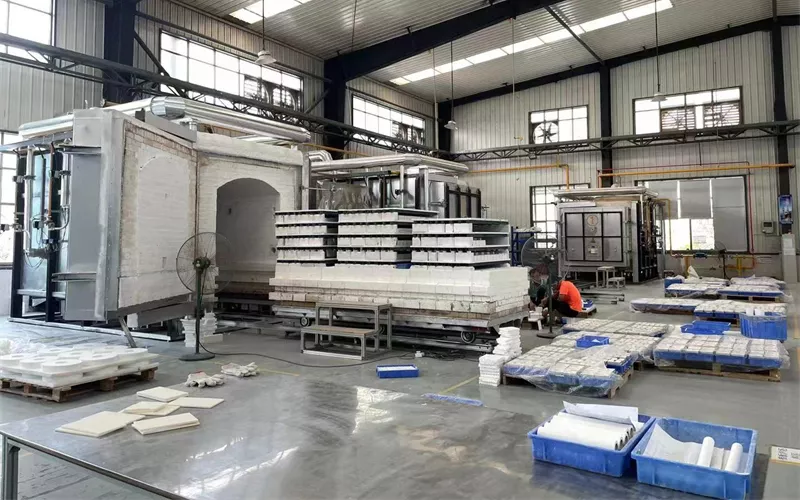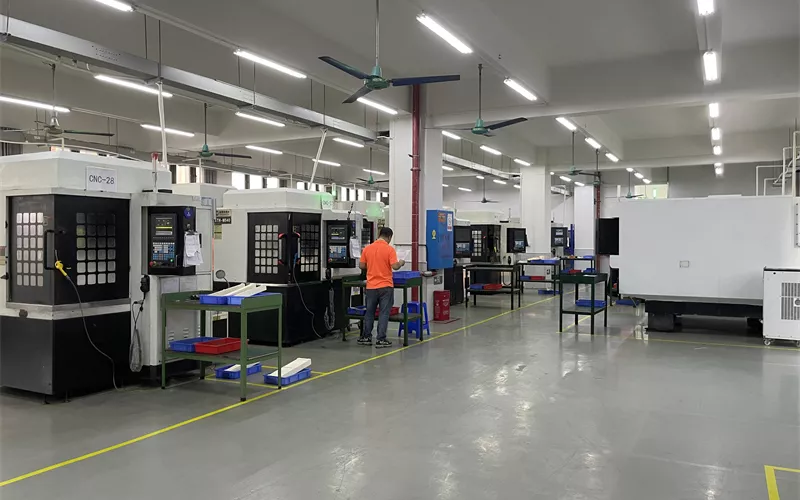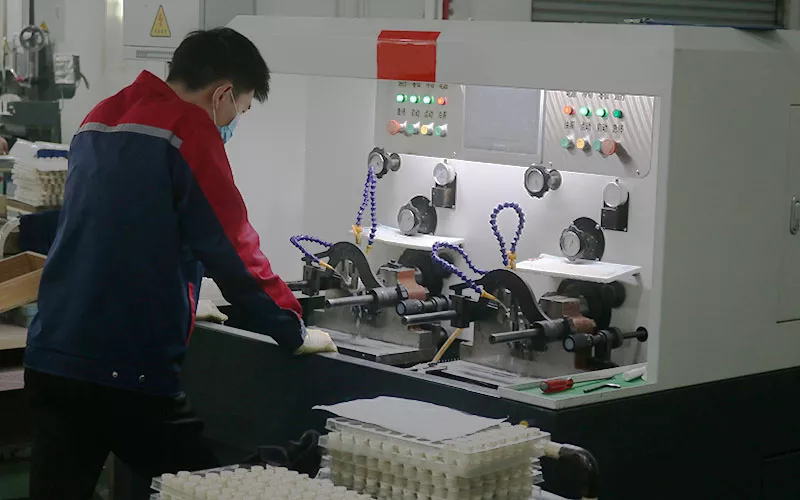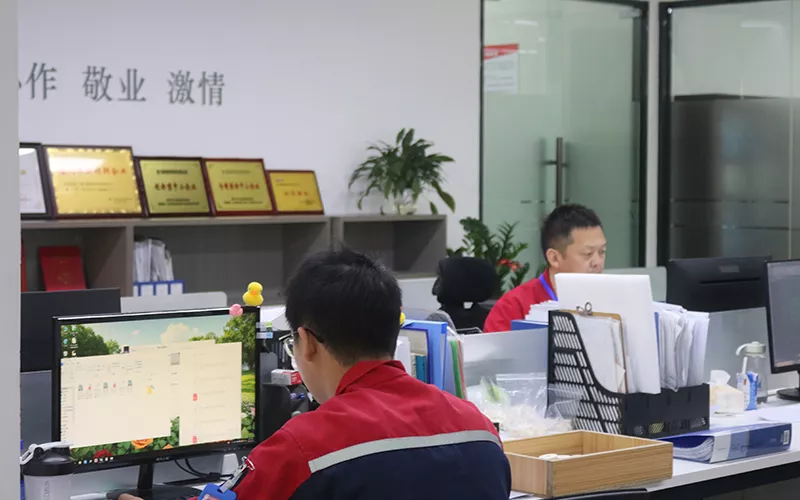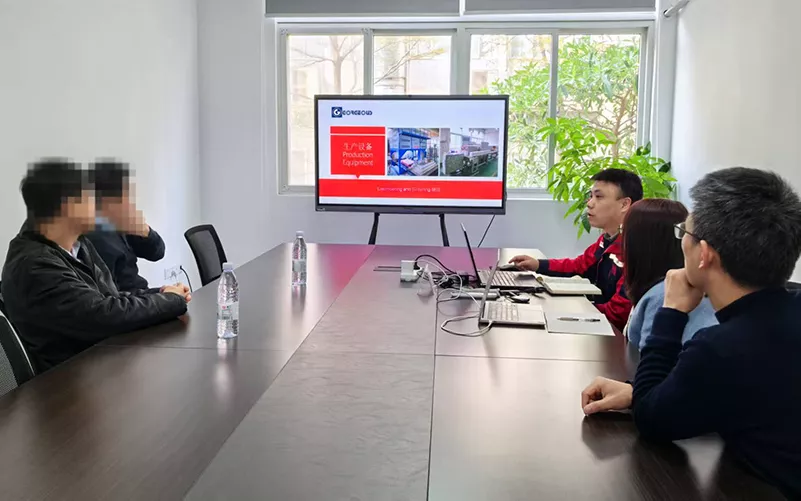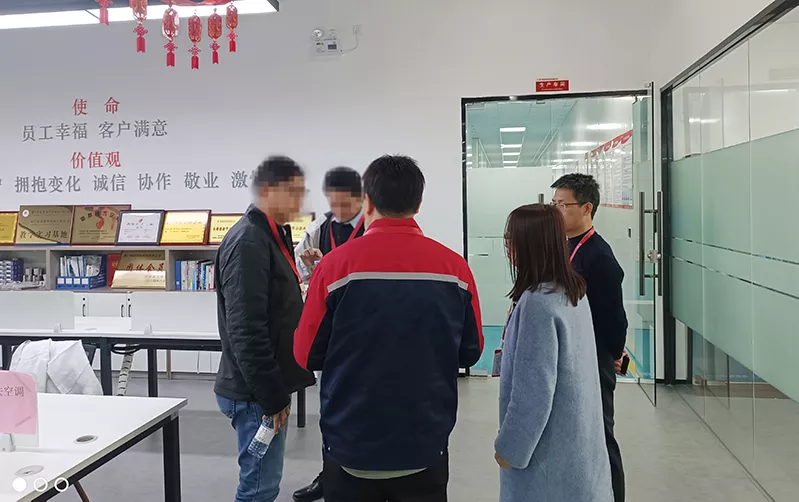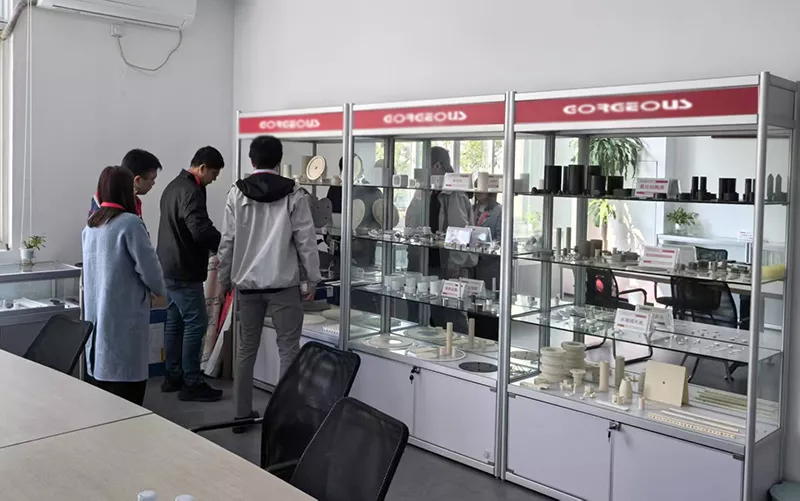Ceramic-to-Metal Seals/Feedthroughs
GORGEOUS focuses on high-end vacuum sealing solutions, providing core components such as metal-ceramic seals, power feedthroughs, coaxial feedthroughs, etc. With excellent airtightness, electrical isolation performance and zero leakage standards, it meets the stringent requirements of high vacuum/ultra-high vacuum applications.
Custom Feedthrough Supplier
Leading supplier in China
Ceramic-to-Metal Seals Product Video
Ceramic To Metal
Feedthroughs
Product Display
Ceramic-to-Metal Feedthrough Description
Ceramic-to-Metal Seals/Feedthroughs are ideal for achieving various airtightness (vacuum sealing) and electrical insulation applications.
GORGEOUS customizes Ceramic-to-Metal Feedthrough for customers. Our feedthrough products can ensure zero leakage in customers’ vacuum and ultra-vacuum applications, and can flexibly select installation, insulation and conductor materials according to customers’ application requirements.
In addition, GORGEOUS also provides customers with a variety of plug connectors, feedthrough components (connectors and various connectors) that support interconnection functions, as well as thermocouples, high-frequency and ultra-high-frequency feedthroughs (RF feedthroughs), etc.

Characteristics Of Feedthrough

Insulation and Conductivity
Brazed ceramic components combine ceramics and metals. The ceramic part has good insulation properties, while the metal part provides good conductivity.

Corrosion resistance
Ceramic materials are not easily reactive with other chemicals, which greatly protects the metal materials from corrosion.

Wear resistance
Ceramic materials have excellent strength, with high hardness and wear resistance characteristics.

High-Temperature Stability
Ceramic materials have excellent high-temperature stability, and the same applies to brazed ceramic components, which can operate stably in high-temperature environments.
Ceramic-to-Metal Feedthrough Mounting Accessories
Customized Solutions
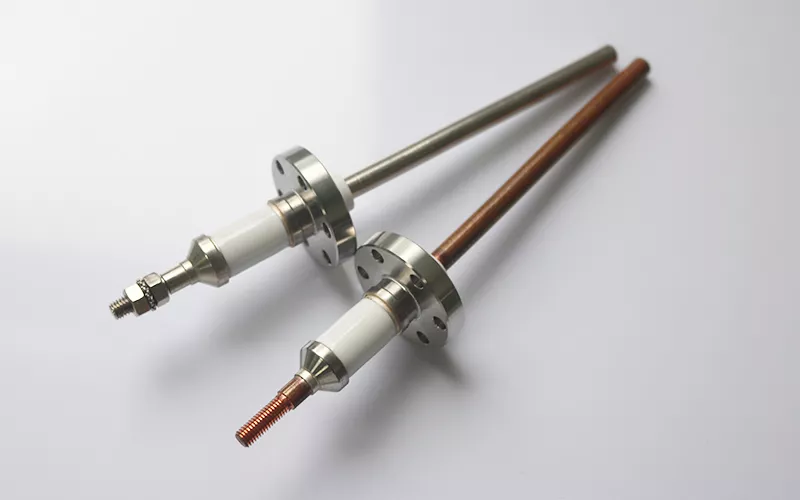
Ceramic-to-Metal Feedthrough Materials Available
| Insulator |
Alumina Ceramics |
|
Metal
|
Kovar Alloy |
|
Stainless Steel304/316、Inconel 600 |
|
|
Nickel |
|
|
Copper |
|
|
Nickel-Iron alloy |
|
|
Cupronickel |
|
|
Molybdenum |
|
|
Brazing Materials |
Silver |
|
Copper |
|
|
Silver-Copper Alloy |
|
|
Gold-Copper Alloy |

Our technical strength and perfect processing products

We focus on the manufacturing and sales of various engineering ceramic products, including alumina ceramics, boron nitride ceramics, silicon nitride ceramics, etc., and expand innovation and exploration in cross-cutting fields such as metallization and metal connectors, feedthroughs and vacuum feedthroughs.
Constantly meet the needs of customers, constantly develop new technologies, and truly become more than ceramics and more than the current situation. Now metallization and metal connectors, feedthroughs and vacuum feedthroughs have become our flagship products. As a combination of cross-material fields, we continue to create new value for customers and achieve rapid growth, with a compound annual growth rate of up to 40 %.
We have strong technical strength to meet your needs, please call us for consultation!
Application status of brazing ceramics

Semiconductor Industry
▪️Semiconductor processing equipment (such as PVD, CVD, ALD)
▪️Ion Implanters
▪️Wafer inspection and etching equipment

Vacuum Coating Systems
▪️Magnetron sputtering equipment
▪️Thermal evaporation or electron beam evaporation equipment
▪️Ion Beam Assisted Deposition (IBAD) System

Aerospace
▪️Electrical interface in vacuum chamber of satellite or spacecraft
▪️Propulsion system or fuel tank

Vacuum Systems for R&D
▪️Scanning electron microscopy (SEM), transmission electron microscopy (TEM)
▪️Ultra-high vacuum experimental platform (UHV systems)

Particle Accelerators
▪️Power supply interface for electromagnet or deflection magnet
▪️Vacuum chamber transmission cable or measurement probe
One-stop brazing ceramic processing service
15+ Years of Experience. High Precision and OEM Design. Professional R&D Team. Competitive Price.
Are ceramic-to-metal brazed parts an environmentally friendly material?
Brazed ceramic components are relatively environmentally friendly materials. Ceramic materials are typically non-metallic inorganic compounds that do not cause long-term pollution to the environment. Additionally, brazed ceramic components have a long lifespan, reducing the need for replacement and waste disposal. The production process of brazed ceramics also generates relatively little waste. Therefore, in some respects, brazed ceramic components are relatively environmentally friendly materials.
How do ceramic-to-metal brazes compare to regular ceramics?
Compared to ordinary ceramics, brazed ceramic components have added electrical conductivity due to the metal brazing, making them more versatile in terms of usage. Additionally, they have better strength and toughness than typical ceramics. The combination of ceramic and metal allows for the creation of various complex structures, expanding their application fields significantly.
How do ceramic-to-metal brazes compare to regular metals?
Ceramics have excellent insulation properties, and when combined with metal in certain electrical devices, they can prevent short circuits and electrical leakage accidents. Additionally, brazed ceramic components have better high-temperature resistance and corrosion resistance compared to ordinary metals. Their superior mechanical performance and lighter weight also make their application fields more extensive.
Can ceramic to metal brazing parts be customized?
Of course, you only need to provide us with drawings, and our professional team will be able to customize your exclusive brazing ceramics.


























